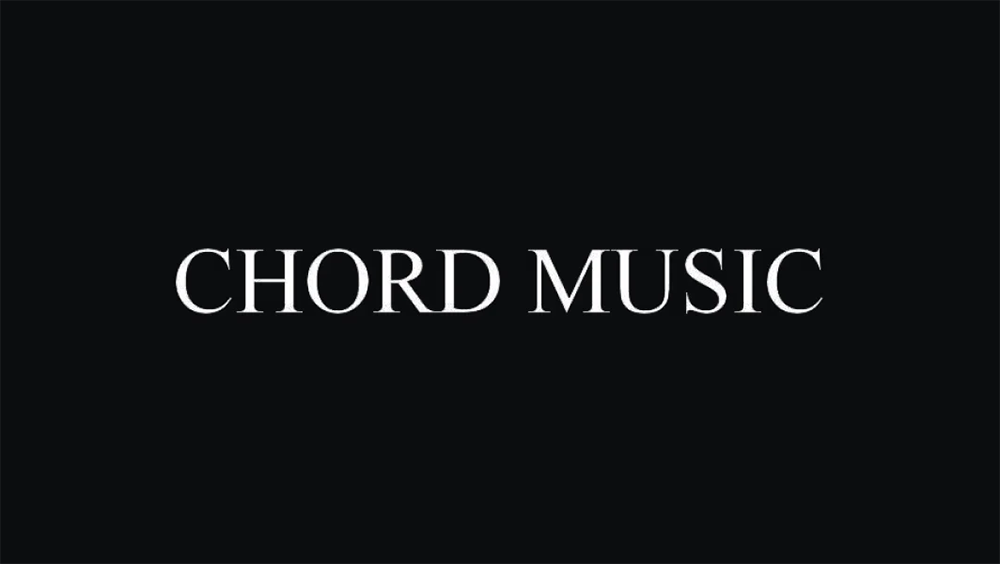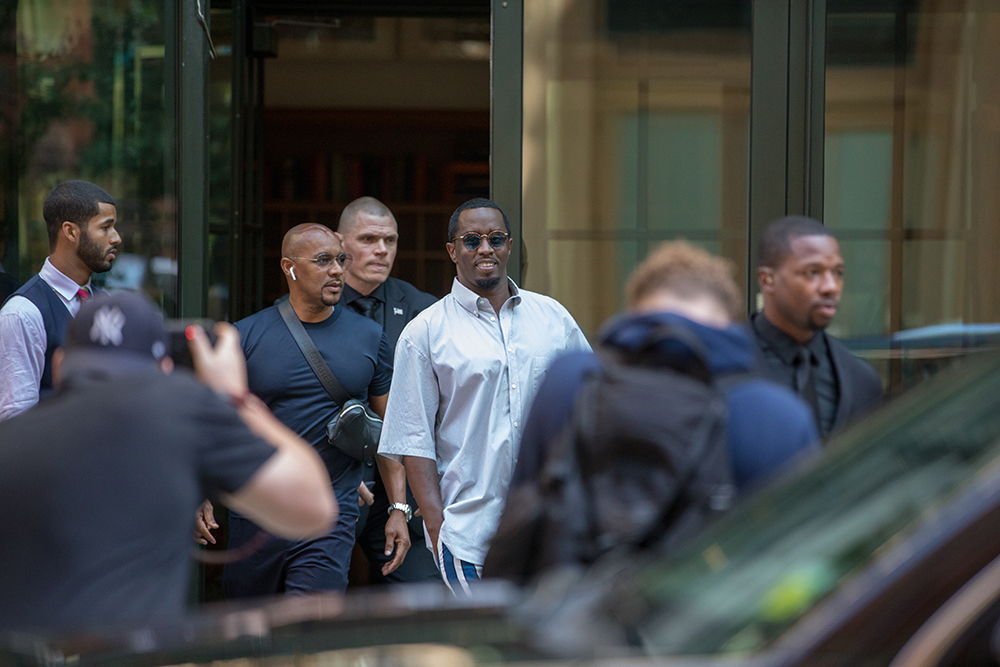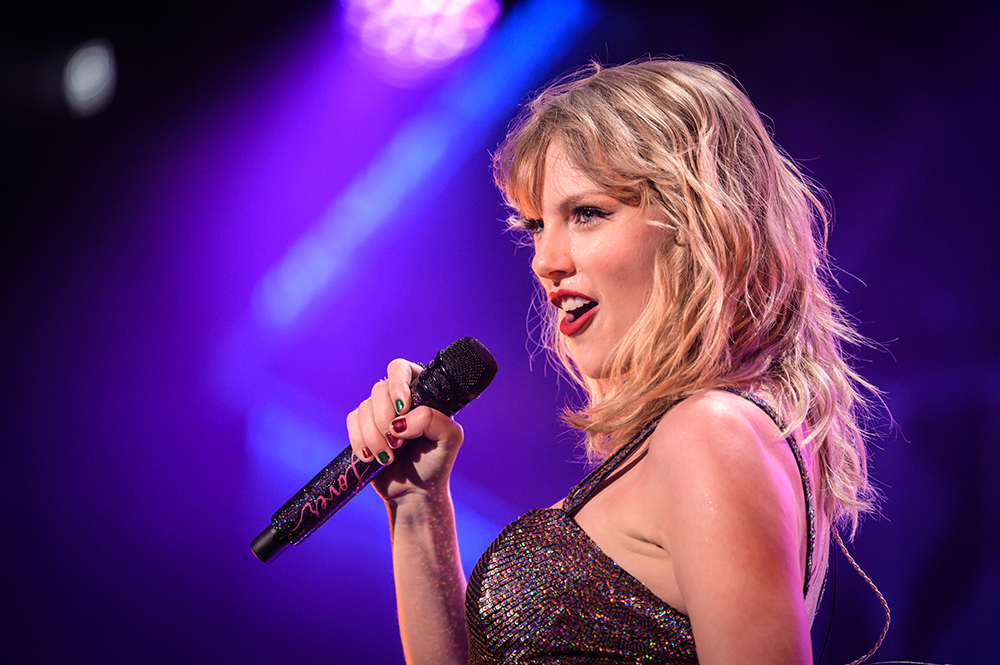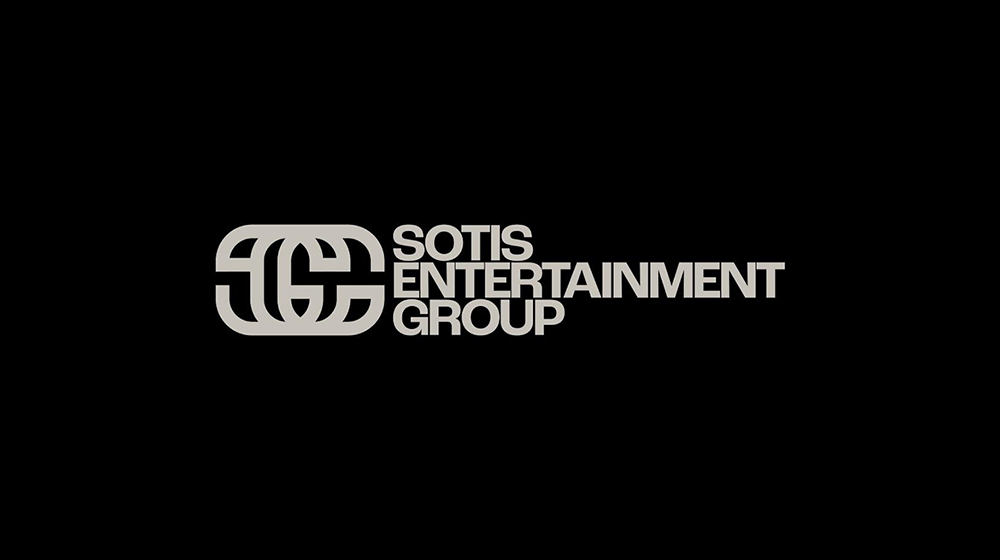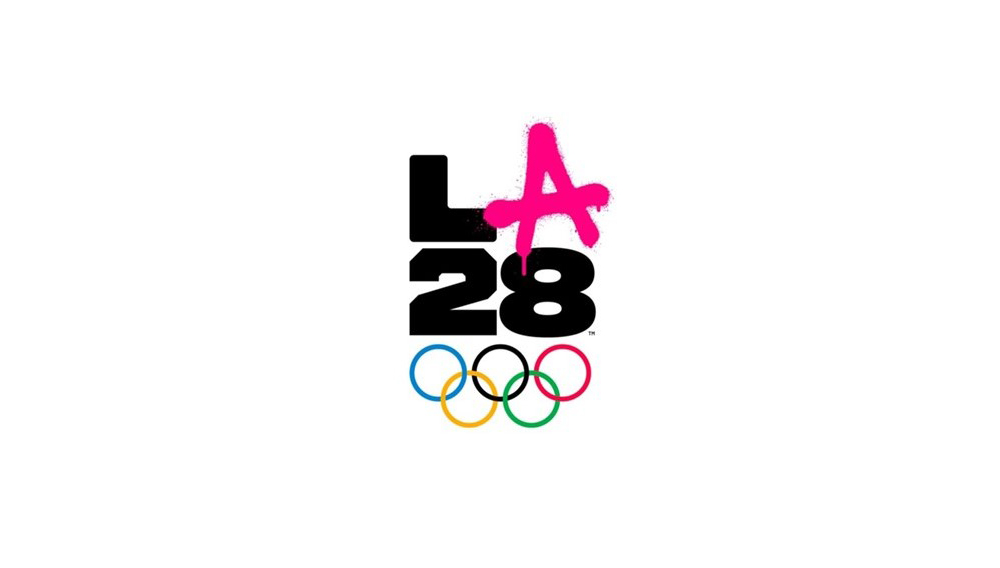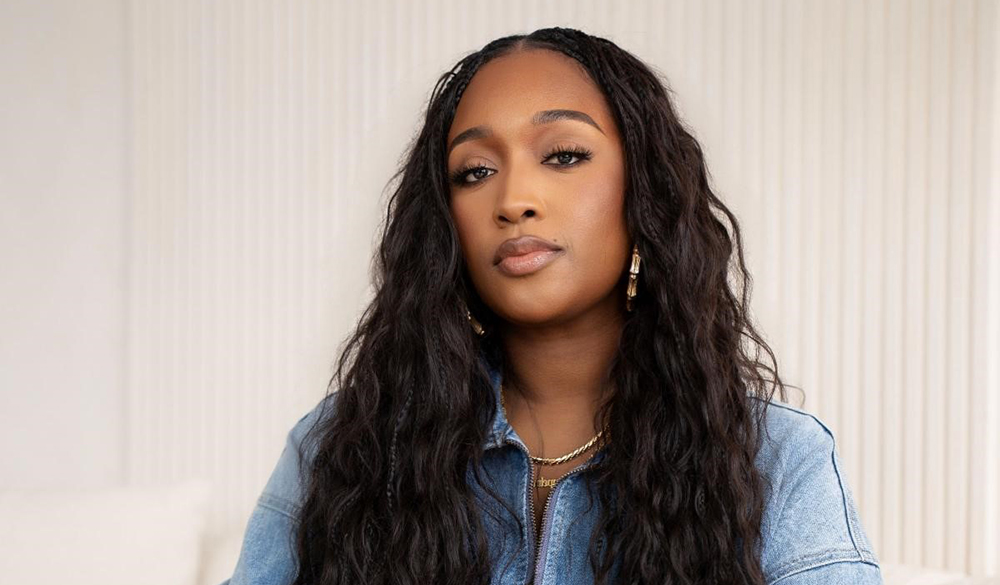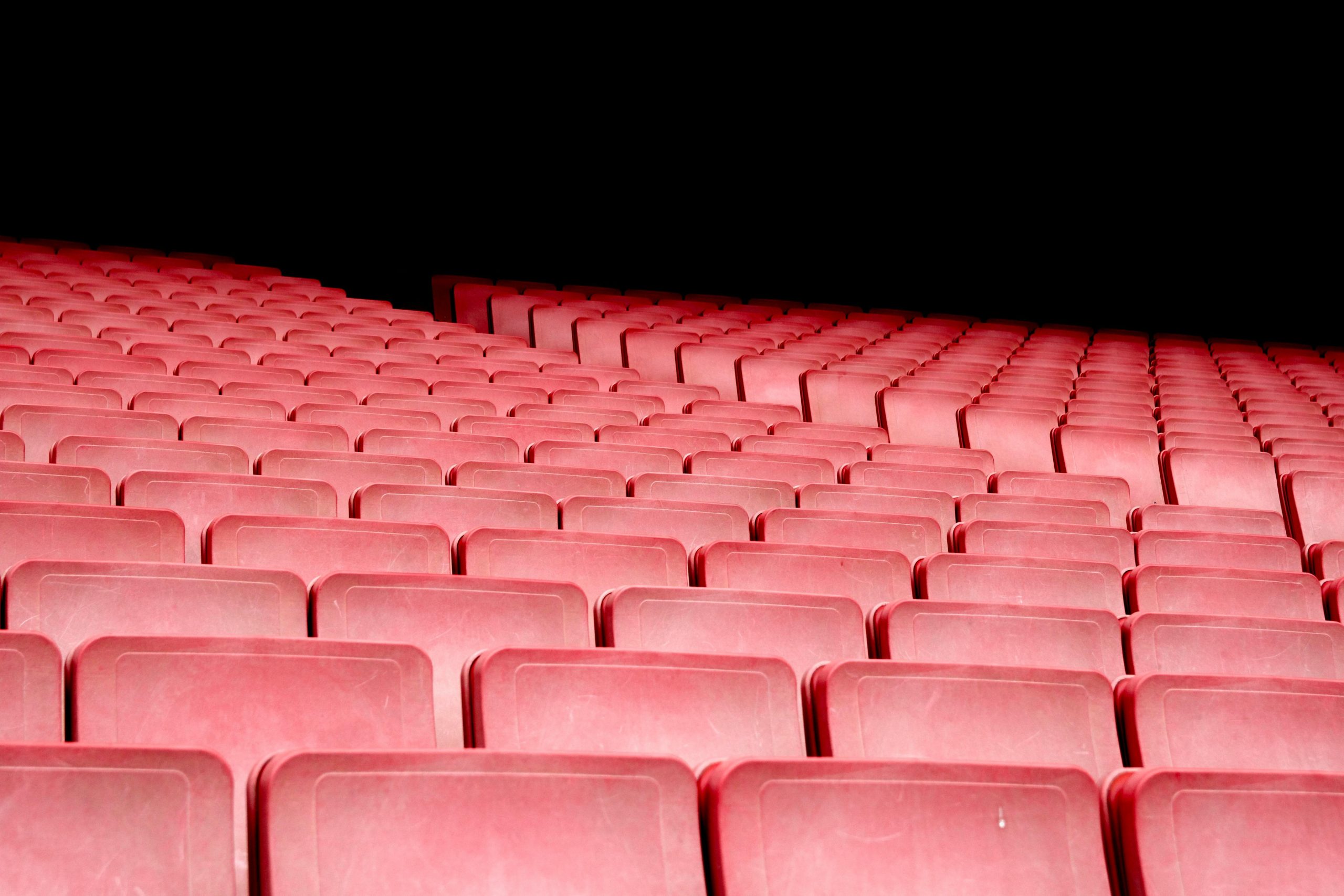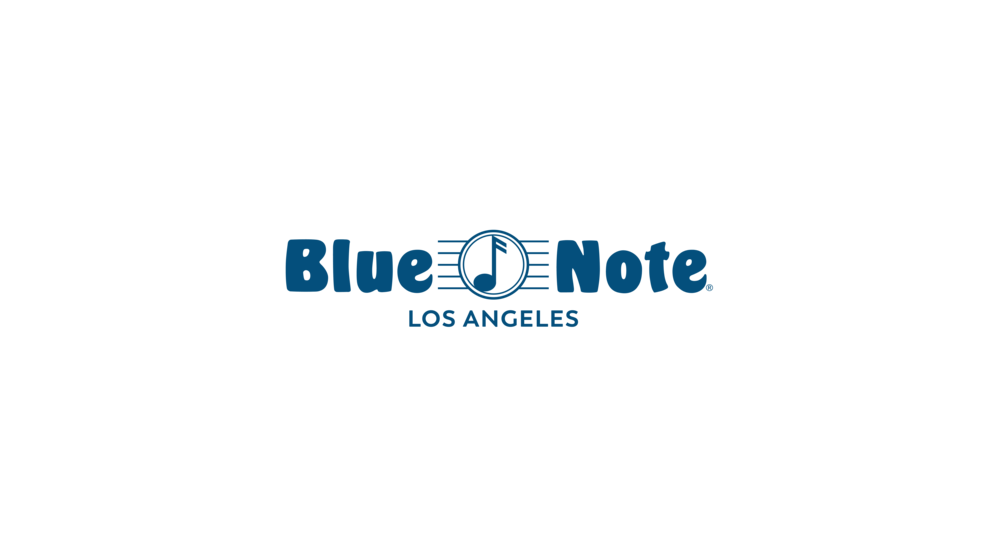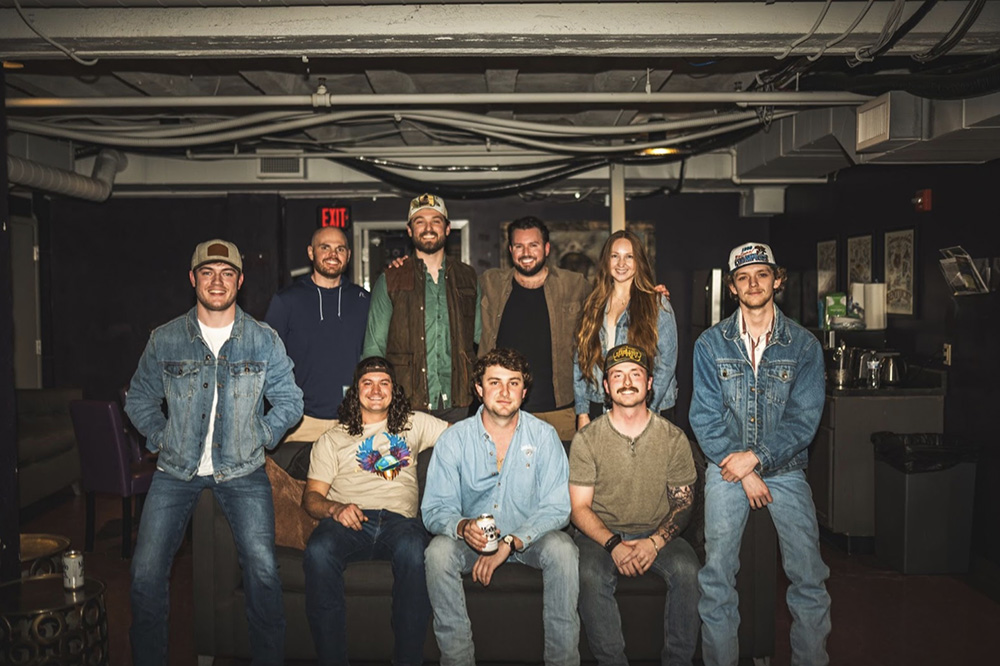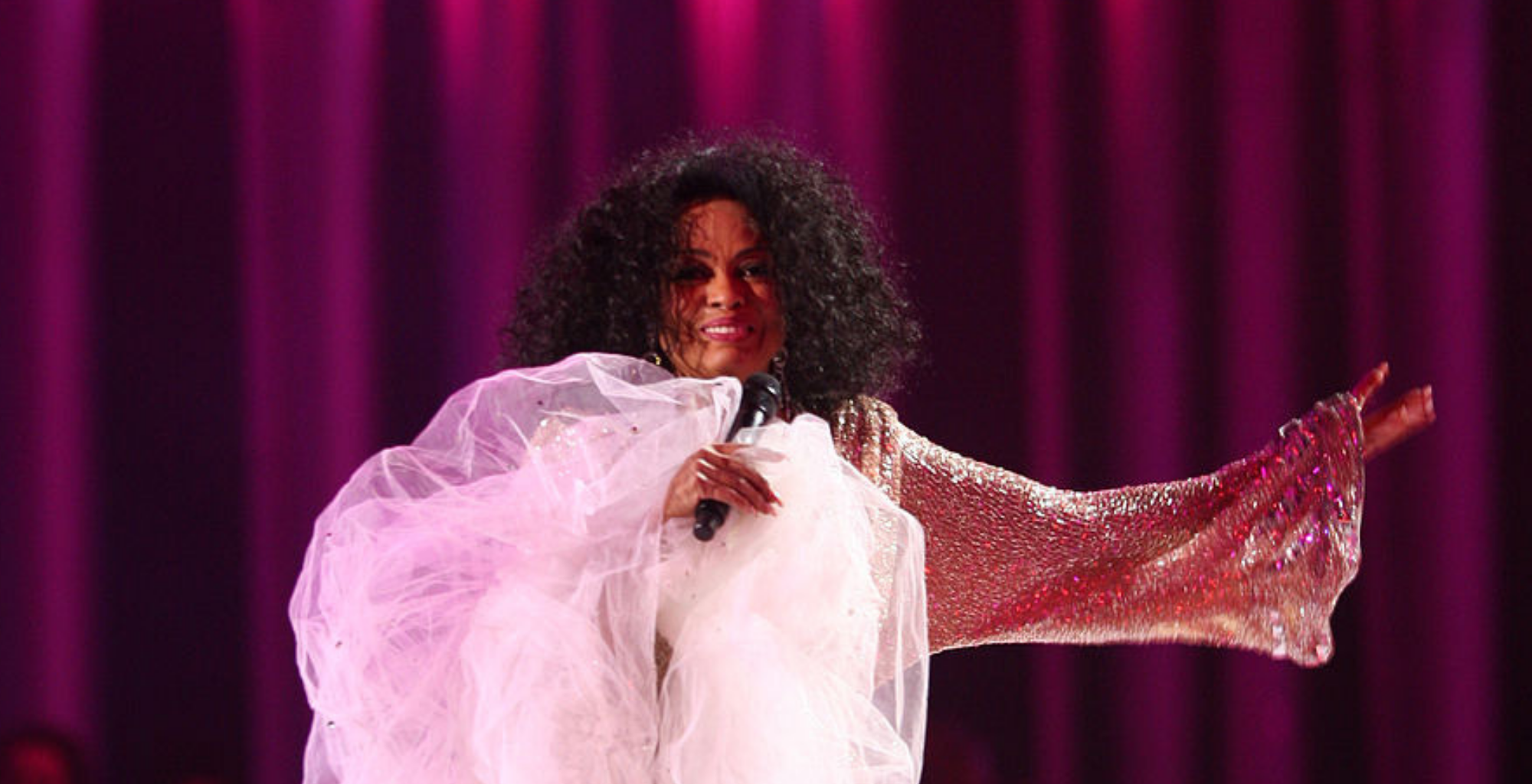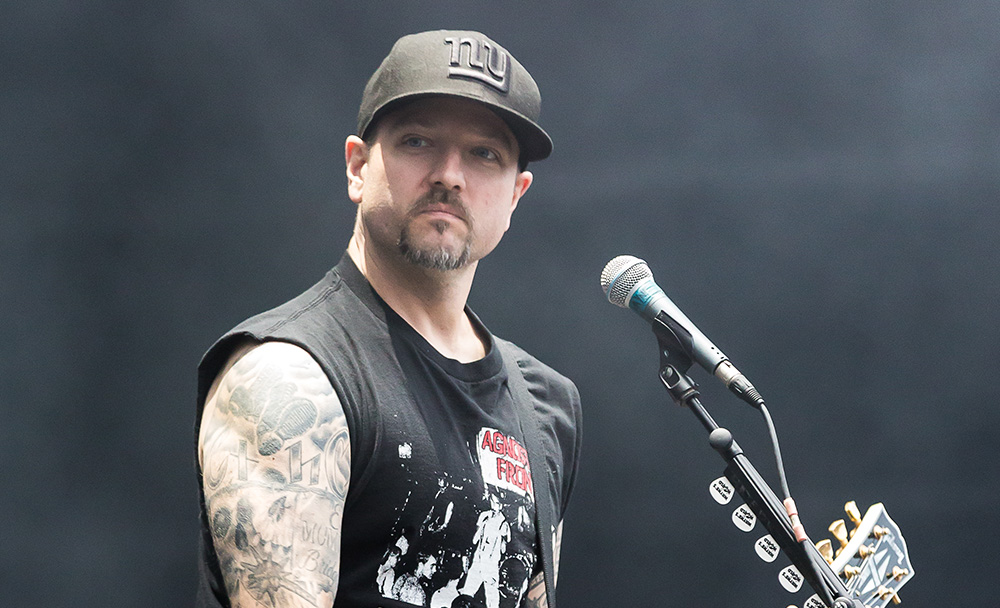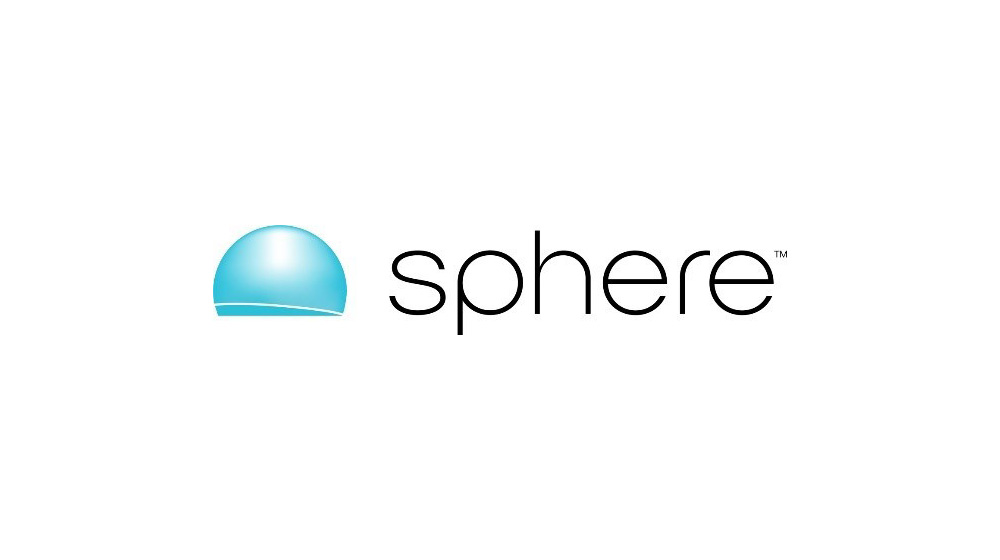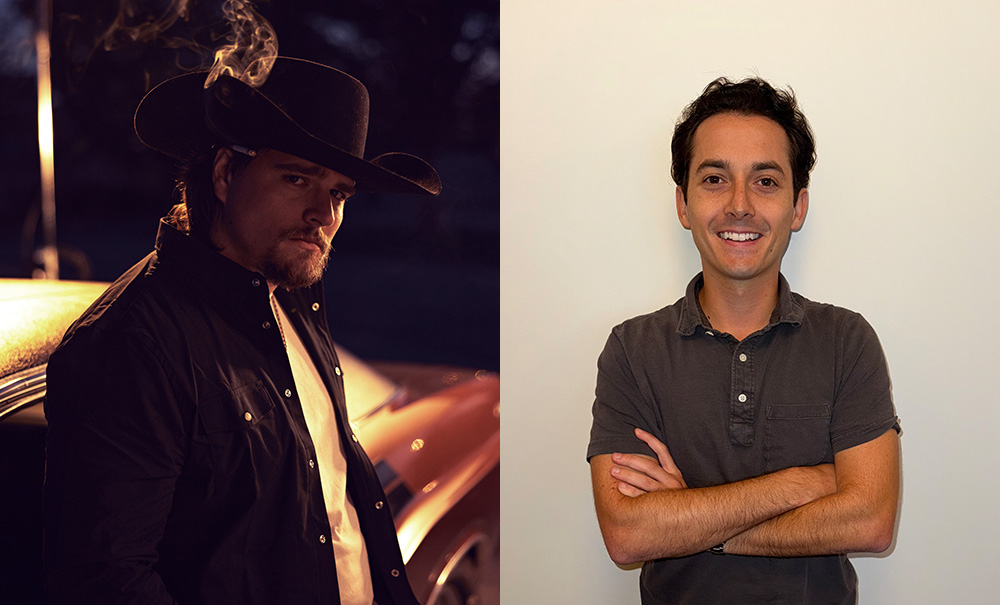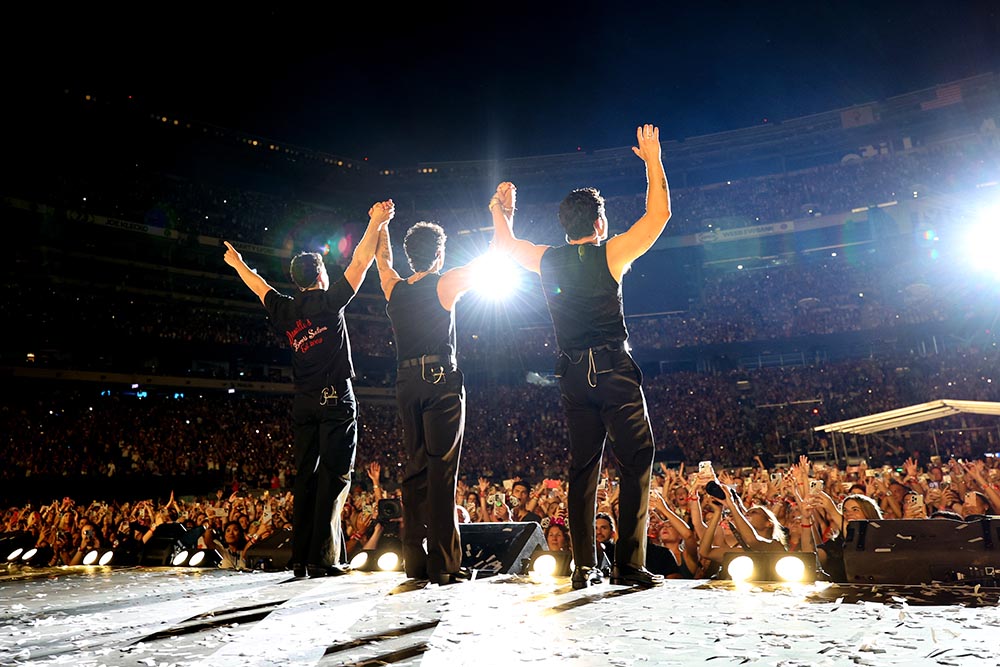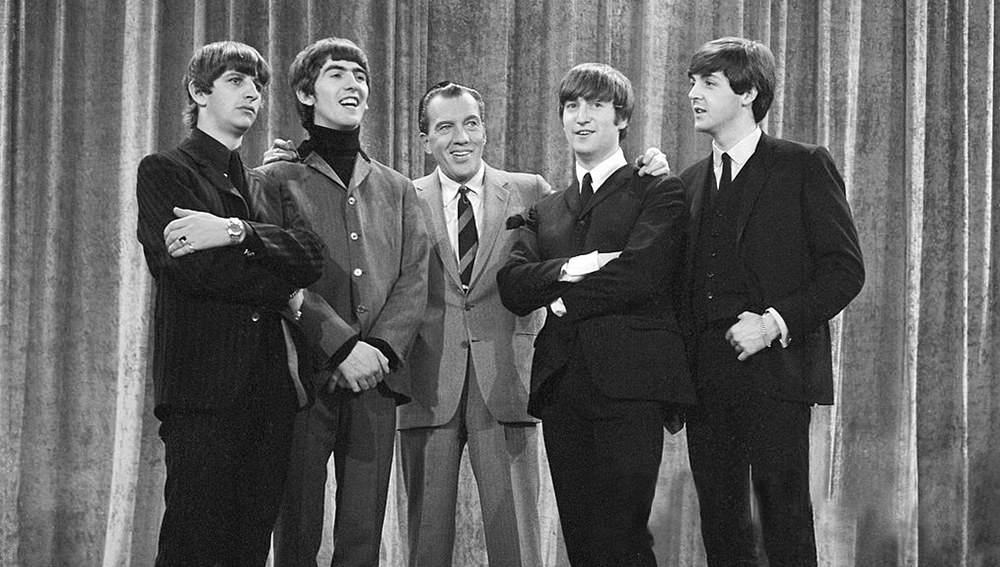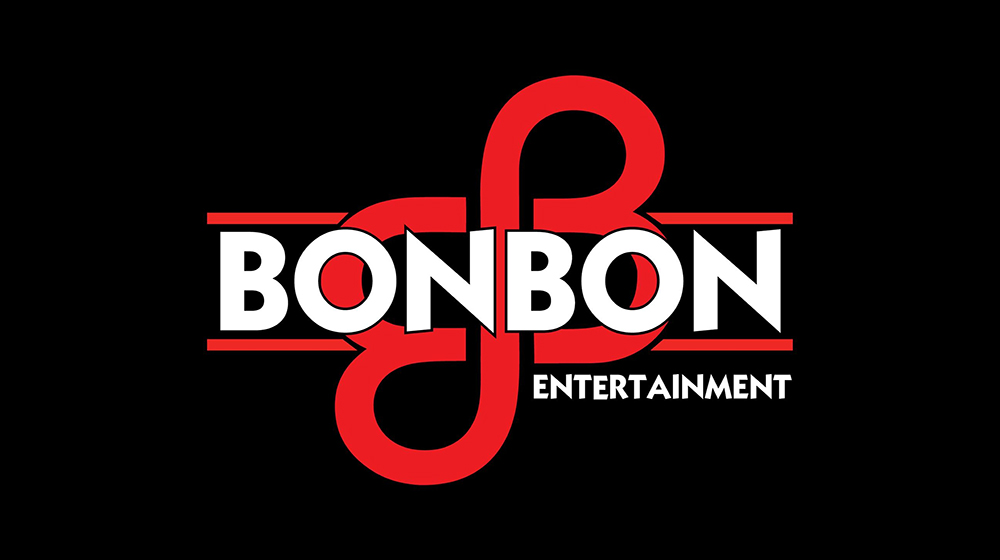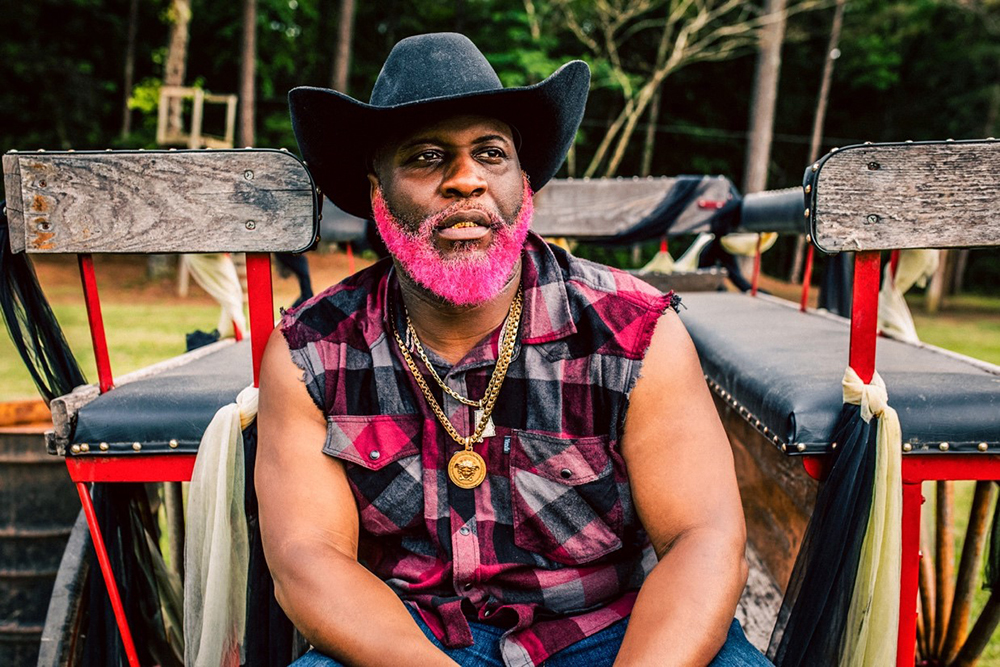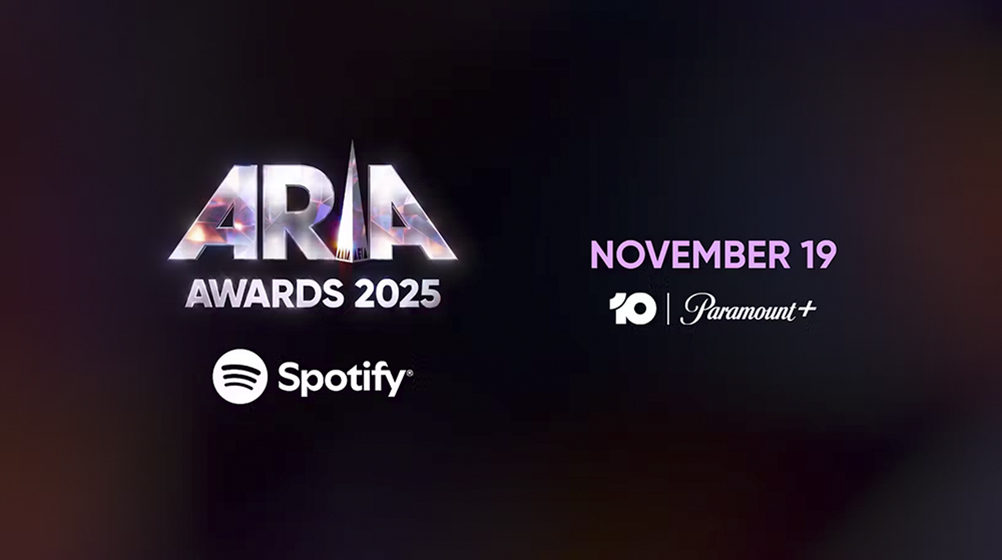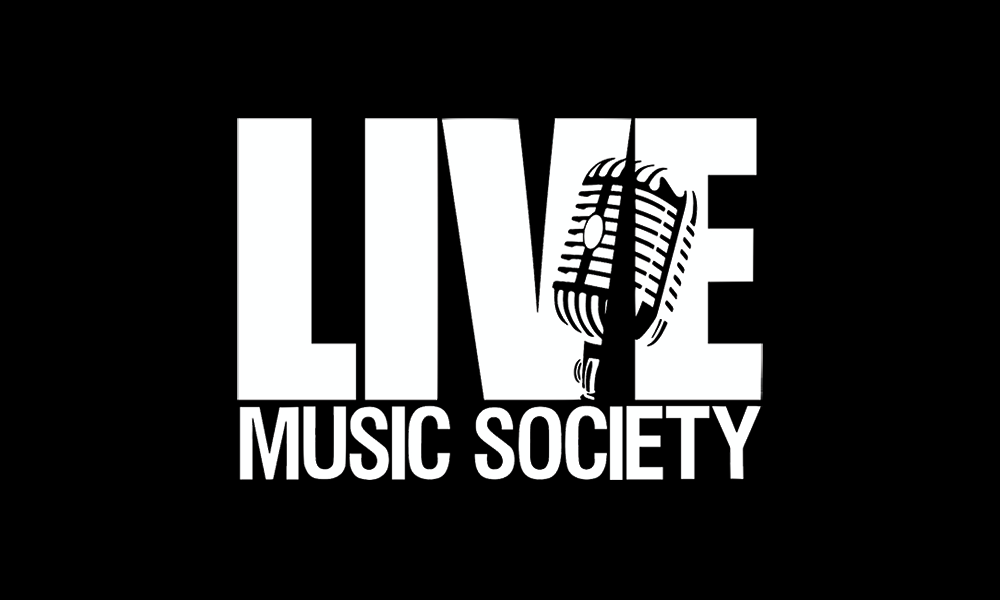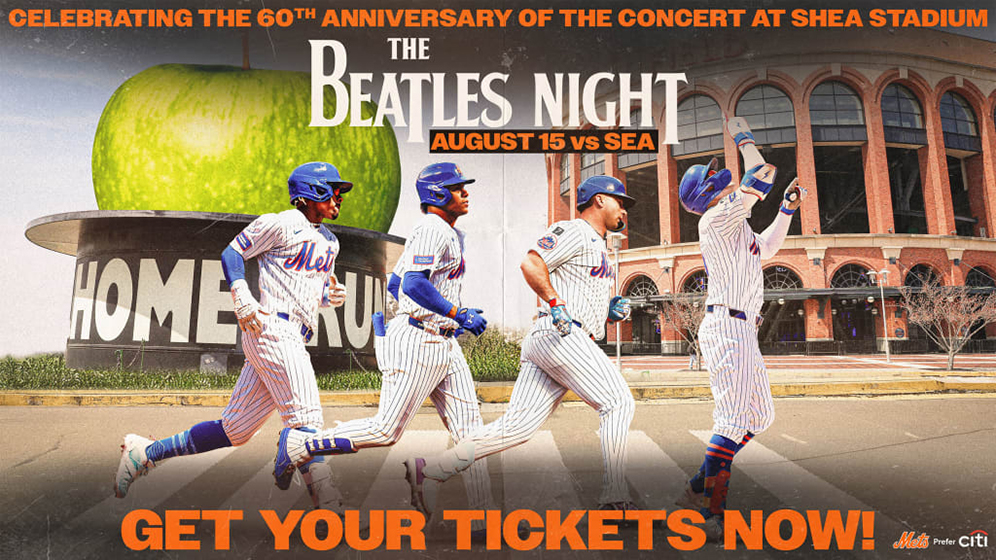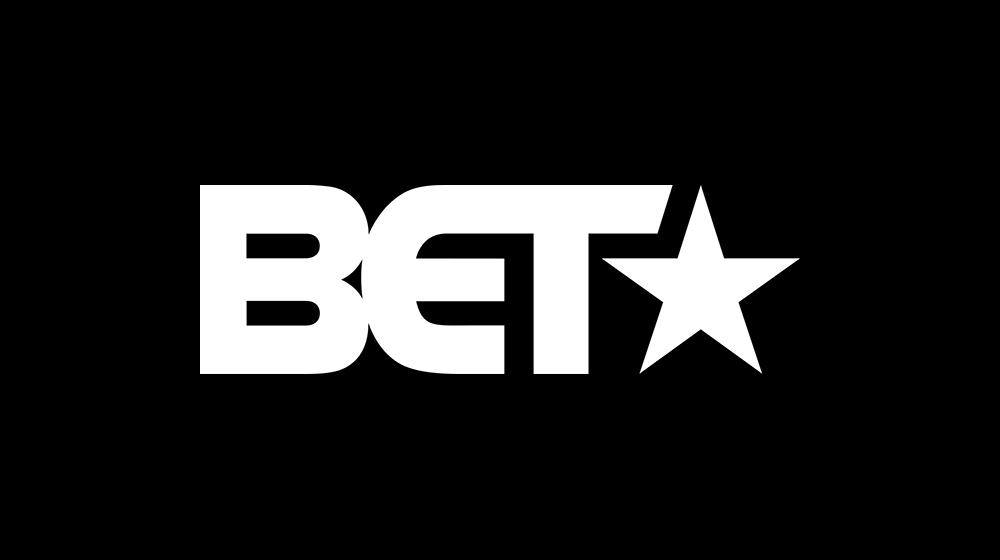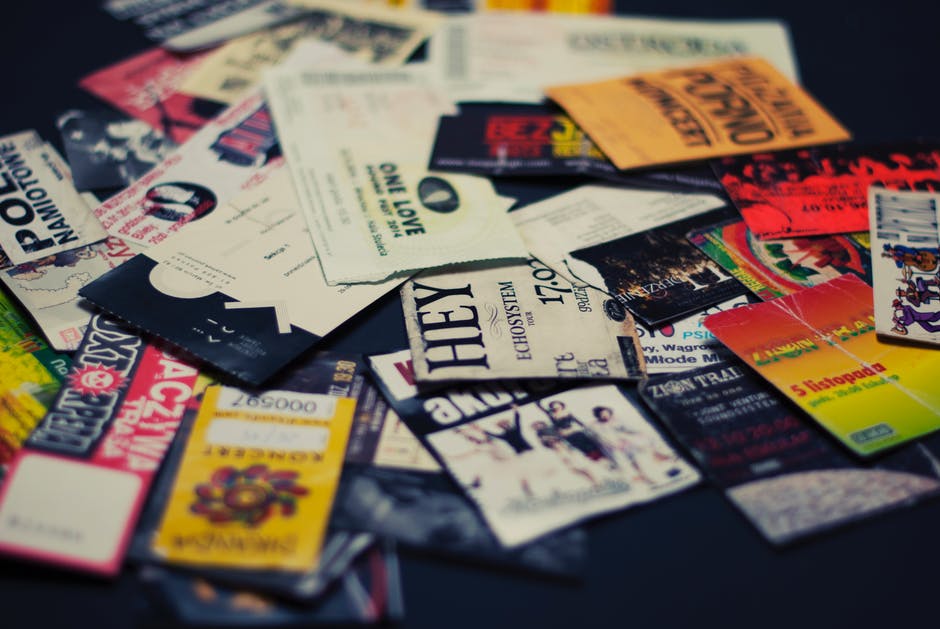The book business abhorred the digital book. It did everything in its power to kill it. It was afraid of losing control. Amazon wanted to build the book business, sell more books, the publishing industry wanted no change, it wanted to work the same way it ever did.
And now it’s screwed.
The book business raised prices on digital titles to the point they made no sense. And then placed articles everywhere (especially in the physical newspaper!) about the joy of physical books, the feeling, the lack of distractions, the tradition, the building of a library and then…
COVID-19.
This is when people are reading most. THE ONLY PROBLEM IS THEY CAN’T BUY BOOKS!
The physical bookstores have all closed.
No big deal you say, people can just buy through Amazon, they control fifty percent of the marketplace anyway.
WRONG!
Amazon is prioritizing necessary products, this news has been everywhere. When it comes to life and death. books don’t make it, despite protestations. Bottom line? Best-sellers are on backorder FOR WEEKS!
That’s right, if you want to buy and read what everybody else is, you can’t, because you just can’t get the book. But if you want it digitally, you can get it in an INSTANT! But the book business refused to jump into the future, it insisted on living in the past, and then disruption happened and it was not prepared.
We saw this in the music business. Labels and acts said everybody should be satisfied with CDs. They were kicking and screaming about digital piracy. And sure, the iTunes Store was an interim step, you could buy tracks one by one, but album purchase prices still didn’t make sense, they were too high, and revenues didn’t turn around, didn’t go back up until SPOTIFY! Spotify and the rest of the streaming giants put a nail in the heart of piracy. Oh, don’t tell me piracy still exists, as Michael Eisner once said, ten percent of the people will never pay, forget them.
Where is the concomitant offering in publishing?
Forget subscription, where are the lower prices? Book prices keep going up, while digital costs are de minimis. Meanwhile, digital book lending at libraries has become a big deal, Libby rules.
You can’t hold back the future.
Kind of like the movie business.
The studios were so busy protecting the theatre owners that they would not go day and date on the flat screen. They kept protecting the old model. When the revenue from smaller pictures tanked, they just made tentpole blockbusters. And except for a few comic book movies, they didn’t realize the attraction was a night out as opposed to the desire to see the specific picture.
And then the theatres closed.
So, the studios put some present pictures on VOD. Heard about anybody buying them? I haven’t, it’s dated product, and the studios don’t know how to promote for VOD, their paradigm is to frontload everything, get their money in a week or two and then move on. But it doesn’t work that way in the streaming world. Once again, just ask the music business. Sure, you can hype it at first, but you only make money if the project has legs. No one is concerned about legs in the movie business anymore, but they should be. It’s all about what is going to spread by word of mouth and live long.
Like “The Tiger King.”
The movie business doesn’t make fare like this. It’s not based on a graphic novel, it’s not an animated story. They miss the opportunity.
And “The Tiger King” is not highbrow entertainment, but it appeals to all demos, because of its whacked story and its characters and its essence…which is people want to be rich and famous and they’ll do almost anything to achieve their goals.
Could “The Tiger King” story have been told in ninety minutes? NO WAY! Sure, you can only sit for two hours in a movie theatre, but at home, you have endless time, despite all the hoopla about short attention spans, people want to dig in deep and pay attention.
And then there’s the pricing issue.
Today people want to pay one price and get everything. To the point where filmmakers are better off making a deal with a streaming service for their pic. This was the essence of “The Irishman.” Netflix could authorize a budget as big as a studio and more people would see the flick. What’s not to like? The studios would say the distributors have control. But that’s what happens when you pooh-pooh Netflix, revel in the payments and then wake up one day and realize you’ve lost the power.
In other words, maybe VOD does not work for movies.
Now the truth is these same movie studios also make TV shows, so they’re not completely screwed. But they did refuse to see the future, to their detriment. Will is no match for technology, which the public embraces.
At least part of the public.
The problem is the boomers did not grow up with the internet, and although they’ve got smartphones and computers, they don’t really know how they work, they do not harness their power.
Yet they continue to bloviate in their verticals of choice, newspapers, TV and cable, not realizing the world has passed them by. It’s okay to live in the past, just as long as your income does not depend upon the whims of the public, and the last time I checked, the only people who can get away with this are retired.
So, this lockdown has engendered hyperchange, all we’ve been hearing about for years has happened overnight. Turns out you can work from home quite easily. Turns out food delivery is superior to going to the market. It’s true that when the lockdown ends we are not returning to business as usual.
We are here, in the digital world. Either adapt or get out of the way.























